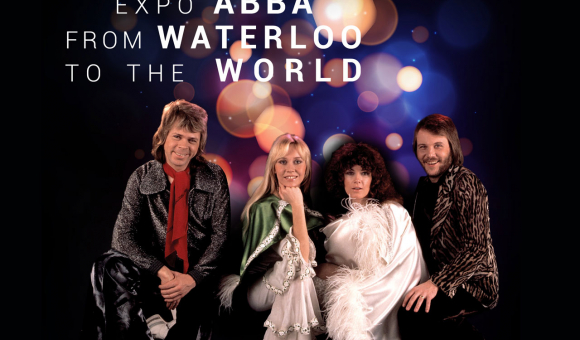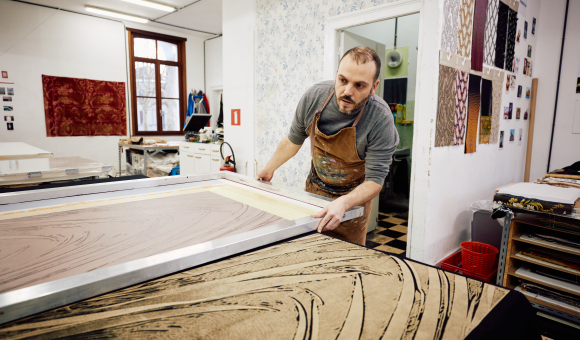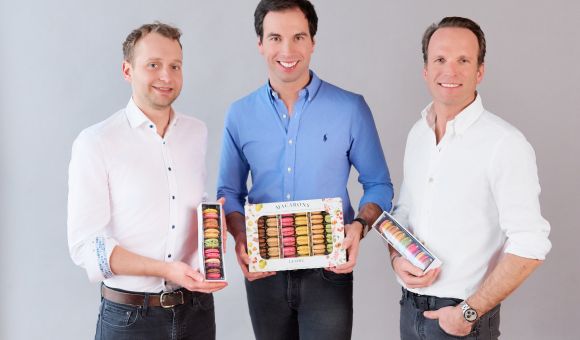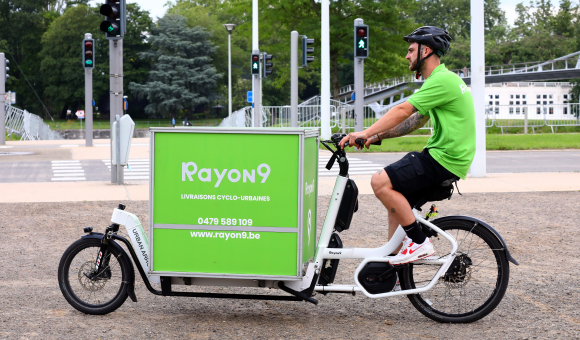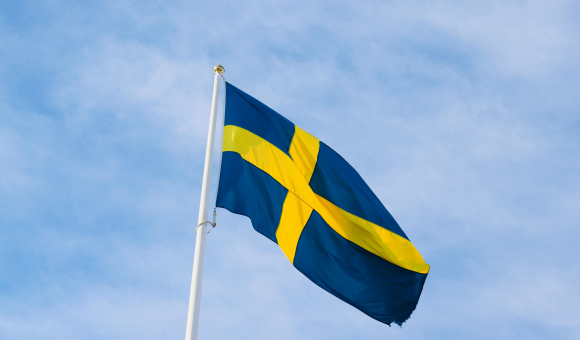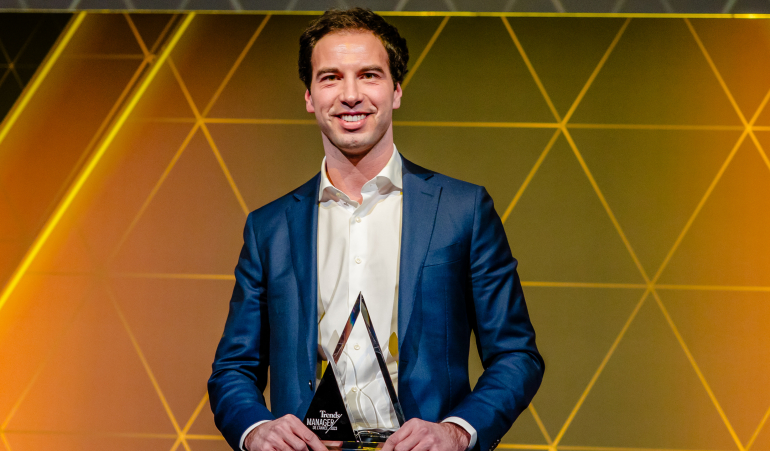
It's no secret that our beautiful Wallonia is wonderfully positioned in Europe. In fact, it's right at the heart of what's known as the Blue Banana, a spatial concept describing the densely populated, highly industrialised area that stretches from North West England to Northern Italy, including the Benelux countries. Wallonia welcomes flights from all over the western hemisphere as well as farther afield, and offers offers all the multimodal facilities required for efficient travel onward across the continent. While this is a boon for freight carriers, they are also aware of future challenges. They are constantly coming up with practical solutions to reduce our carbon footprint by designing truly surprising alternatives!
Take a look at Rayon 9's ‘cargo cyclos’ delivery bikes and Protection UNIT's mounted patrols, discover Novandi's automated barges, and join us in finding out why Toyota is setting up its R&D centre in Wallonia and why the Weerts Group is increasing its storage space.
You’ll also find all the ingredients for a sweet, savoury or surprising break! Recently voted Manager of the Year, and one of our youngest CEOs to hold the title, Michaël Labro shares his recipes for both macaroons and management with equal gusto. Still hungry for more? Come along and take a new look at one of our finest museums, the Beaux-Arts Mons, or join me for an Invineo drink before enjoying Daniel Henry's multi-textured creations!
This is going to be a decidedly inventive spring!
If you want to subscribe freely to WAB magazine, please send an email to Marie-Catherine Duchêne (Wallonia Export & Investment Agency) - mc.duchene@awex.be
